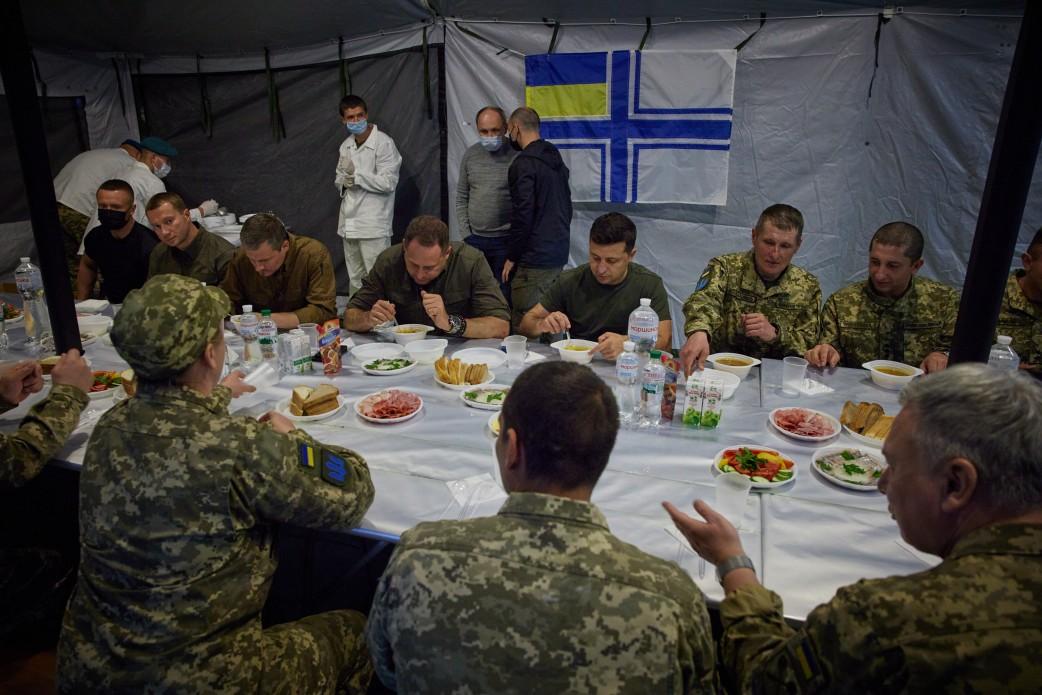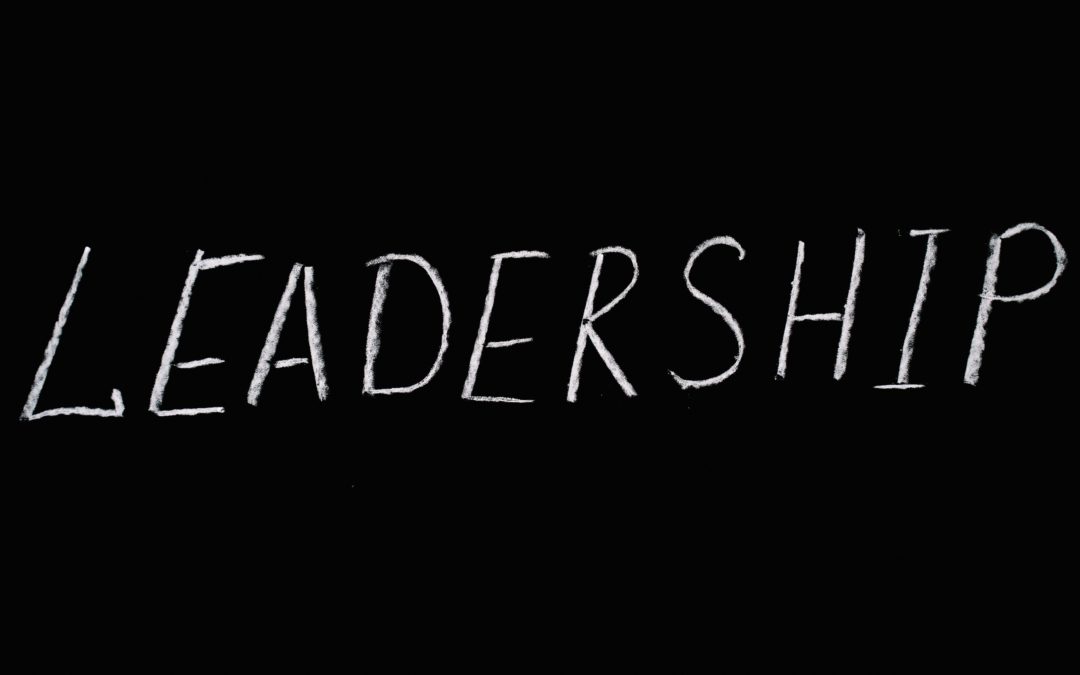The world continues to be transfixed by the daily developments in Ukraine. Sometimes it feels like there is a large chess game happening right in front of our eyes. On one side, Vladamir Putin continues to dig into his position of “liberating Ukraine from Nazis” and he has convinced many in his country of this “fake news.” On the other side, Volodymyr Zelenskyy has united his country and many people in the world against Russia. No one knows what will happen next. Who will “win” this chess game- or is this truly a “game” to be won? Although Russia may ultimately prevail militarily in this conflict, Ukraine and many countries in the rest of the world seem ready to hold Russia and its economy accountable for years to come.
This unfolding tragedy is also a real-world example of different leadership styles. What are these styles? What are their impacts? I would like to use this blog to explore how these different leadership styles are manifesting in this crisis.
Vladamir Putin quite clearly exhibits an authoritarian style of leadership. He has held onto power and has consolidated his support over the last several years by eliminating anyone in opposition to him. Authoritarian leaders, like authoritarian parents, demand complete control and full obedience to what they dictate. They threaten and harshly punish those who do not obey their wishes and view their position as always right. They tend to view the world in all-or-nothing ways. Either you are with them, or you are not. Authoritarian parents and leaders are known for being focused on compliance and are not warm and nurturing. They hold their authority based primarily on fear.
Volodymyr Zelenskyy is a leader of a different style. What is his style? Some would argue that he is an authoritative leader. Authoritative leaders, also known as visionary leaders, have a goal in mind and mentor others to follow them. They collaborate with their team and really listen to whatever input group members offer. Although they are still the ultimate decision-makers, authoritative leaders are known for considering and reconsidering their positions on issues based on feedback. Authoritative leaders are also not afraid to admit mistakes and are much more open to change. This style is like authoritative parents who listen to what their children say and make accommodations in rules when they think it is warranted. Authoritative parents and leaders are known for their warmth and nurturance while still being the ultimate deciders.

Some might argue that Zelenskyy is exhibiting servant leadership, a term first used in 1970 by Robert Greenleaf. This style of leader views her/his job as serving others with the goal of enriching the lives of all and creating a better world. Servant leaders focus on the growth and development of others as the primary goal of leadership, not self-promotion or forwarding a specific objective. Servant leaders are known for their warmth and focus on others.
There are advantages and disadvantages of any leadership styles. Different circumstances call for different styles of leadership and a leader may need to adjust his/her style, depending upon any change in the environment. Few, however, would argue for the benefits of authoritarian leadership as a general strategy. Like authoritarian parents, leaders with this style demand compliance but create anger, resentment, and mistrust in their group members. This anger and resentment lay the foundation for rebellion and retaliation.
Which of type of leader (or parent) are you? Which type of leader (or parent) do you want to be? The choice is yours.
Images:
Putin: Kremlin Photo Pool
Zelenskyy: Unian Photo
Leadership: Anna Tarazevich

